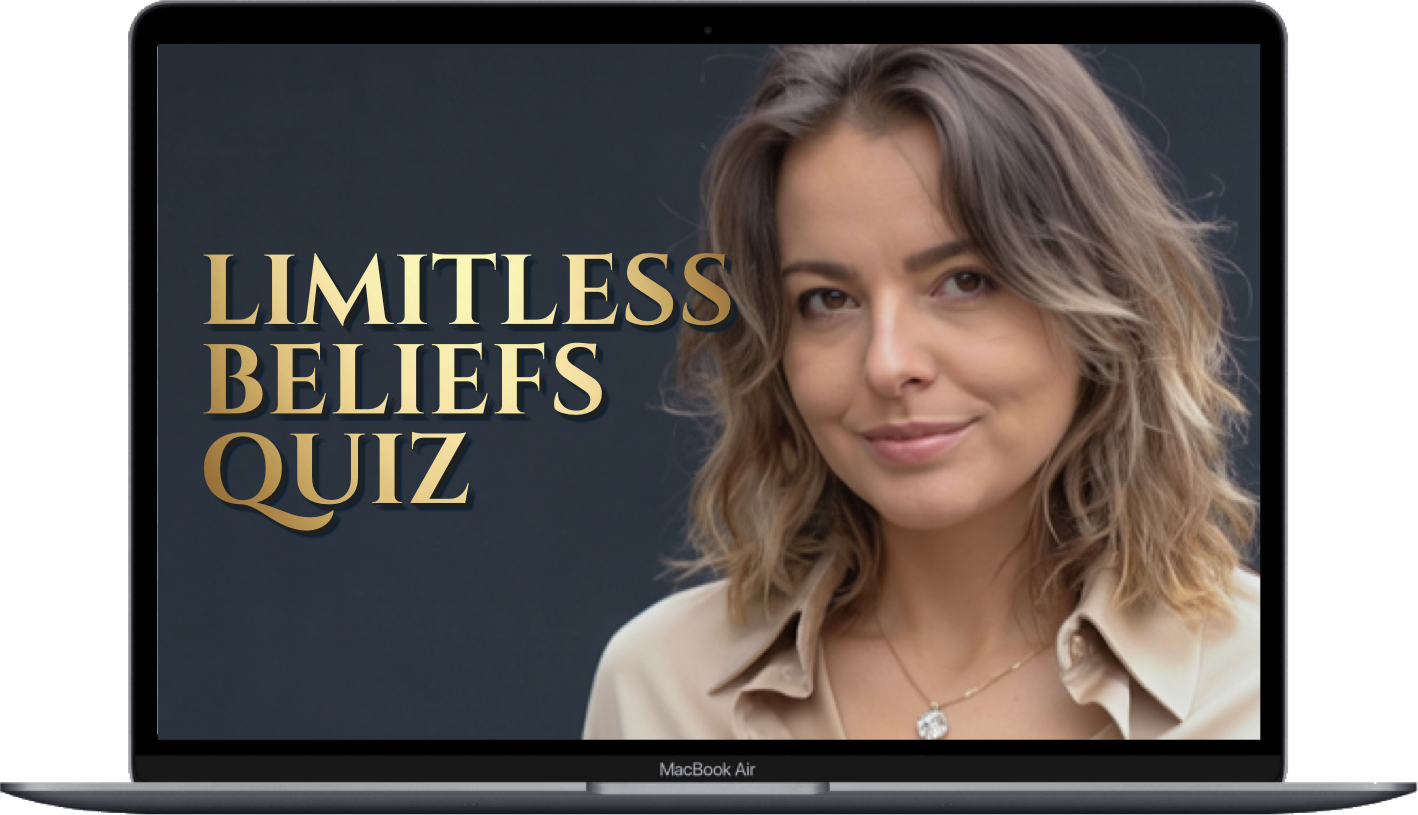There are times when deep inner work, and even therapy feels like it’s not working. When words sound hollow, and support—even professional support—falls flat. If that’s where you are, nothing I say might make a difference right now. And yet, as I read your story, a reflection formed, and I want to offer it—not as a solution, but as a companion thought.
One of the subtle hallmarks of trauma is how it anchors us in a child’s worldview. A child is meant to be the center of their universe; they must be, to survive. But when trauma occurs—especially early and unresolved—it traps part of us in that developmental frame. We grow up, yes, but emotionally and psychologically, certain parts remain frozen in survival mode. And so, we continue to see the world in binaries: me and not me.
This “me-first” orientation isn’t narcissism. It’s not selfishness. It’s an adaptive instinct, one that served us when we didn’t have the safety to care about complexity or nuance. When you’re surviving, you don’t have the luxury to consider the whole ecosystem—you just need to stay alive.
But something shifts when survival is no longer the daily task. When the body begins to feel safe, even if only for moments. The shock of trauma softens, and something else becomes possible: empathy. Not the kind forced by guilt or obligation, but the organic recognition that others, too, have interior lives. Others, too, have been shaped by pain.
For me, this realization began with my father. Why did he put me in a situation that not only placed me in danger but left me with no space to believe I could ask for his protection — scared, just eleven, feeling helpless while he sat in the next room? This was the same dad who had been my best buddy just four years earlier. The same dad with whom I never shared a real bond again. Even after his death, I resented him — for never taking responsibility, for never protecting me, for never repenting. And now, for never being able to say he was sorry for what he did to me.
But time, reflection, and healing gave me access to something else: his story.
My father’s childhood was a devastation in its own right. Post-war poverty, neglect, emotional abandonment. Sent to live with a stepmother, a woman who didn’t want him, he also was consistently and openly rejected by his own father. The very people who were supposed to be safe became the architects of his loneliness. And when my mother left him, he took it as another betrayal. His pain didn’t excuse his failures, but it explained his limits. He simply didn’t have the emotional scaffolding to do better. He was trapped in his own frozen child.
So no, I’m not excusing him. But understanding him gave me a deeper level of clarity—and something shifted in my own healing.
Trauma often distorts our inner world long after the actual danger has passed. We develop rigid beliefs about who we are and what we deserve. These beliefs live not just in our minds, but in our nervous systems. And from that place, we react—not to the present moment, but to a past memory that our body mistakes for reality.
This is why even small events can trigger overwhelming responses: an argument feels like abandonment, a cold tone sounds like rejection, a “no” is heard as “you are worthless.” These aren’t beliefs you can talk yourself out of easily. They’re encoded in your emotional body.
And that’s why deep work matters.
It’s not about rehashing childhood stories to blame or wallow. It’s about reclaiming your agency and realizing that while you may carry the memory of that small, wounded child—you are not her anymore. You’ve grown. You’ve learned. Your cells have regenerated. But the trauma stayed attached through memory and unconscious protection.
To move beyond it, we need to do more than understand. We need to feel the original wound. Sit with it. Let it breathe. Let it complete itself. Let it stop running the show. Sometimes this takes a skilled therapist, someone who can help us re-orient to the present and feel safe again in our adult self. Sometimes, the right framework.
But even without a therapist, this work can begin.
It begins with awareness: I am not in danger. I am not that child anymore. The people around me are not all villains or saviors. They are people, with their own pain, their own reasons.
We are adults now. The child within us needs our presence, not our re-enactments.
And when we bring awareness to our emotional patterns—when we pause long enough to ask, is this really about now, or is it an echo of back then?—we begin to reclaim our freedom.
That’s the heart of deep work on limiting beliefs: not just changing a sentence in your head, but meeting the emotional truth of your past and telling it, gently but firmly—you are safe now.
If nothing else, I hope this reflection gives you a small sense of that truth. You’re not broken. You’re remembering. And healing is possible.



